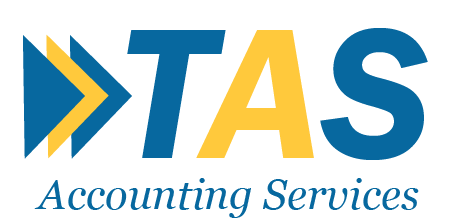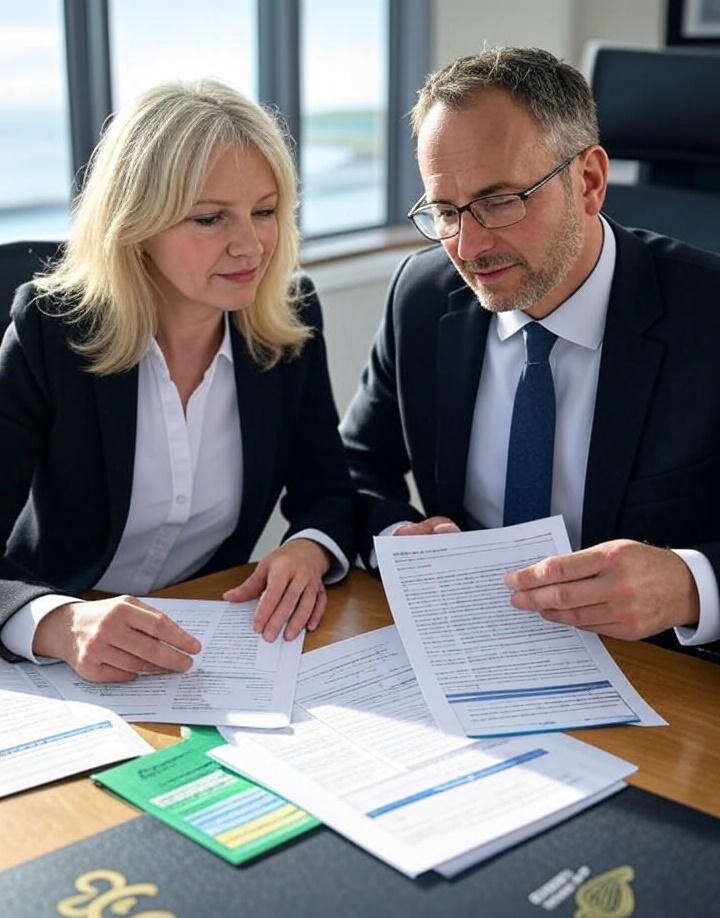VAT Compliance and Reporting
Once registered for Value Added Tax in Ireland, businesses are legally required to comply with Irish VAT legislation and meet all reporting obligations. Proper Irish VAT compliance involves more than just collecting VAT — it includes accurate invoicing, detailed record-keeping, and timely submissions to Revenue.
Key Requirements for VAT Compliance
- Maintain accurate VAT records – Businesses must keep thorough records of all sales, purchases, VAT charged, and VAT reclaimed. These records should be retained for at least six years.
- Issue compliant invoices – VAT-registered businesses must follow the correct VAT invoicing requirements in Ireland, including displaying VAT rates, invoice dates, VAT numbers, and total VAT charged in the correct VAT invoice format.
- File VAT returns on time – Most businesses are required to file bi-monthly VAT returns in Ireland using the VAT filing Ireland Revenue Online Service (ROS) platform. Depending on turnover and Revenue guidelines, some may file quarterly or annually.
VAT Filing Deadlines
Missing deadlines or filing inaccurate returns can result in penalties, interest charges, or audits. It’s essential to:
- Reconcile VAT collected versus VAT paid (input vs. output VAT)
- Submit returns by the due date (usually the 23rd day of the month following the VAT period)
- Pay any VAT due at the same time as filing the return
Timely and correct reporting ensures full Irish VAT compliance and reduces the risk of investigation or delays in reclaiming VAT in Ireland.
Using digital accounting tools and staying updated on Revenue changes — like those relating to digital VAT invoicing in Ireland or CESOP regulation — will help businesses remain compliant and audit-ready in 2025 and beyond.
VAT Exemptions and Zero-Rated Supplies
Under Value Added Tax in Ireland, not all goods and services are taxed equally. Some are exempt from VAT, while others are subject to a 0% VAT rate, also known as zero-rated VAT products in Ireland. Understanding the difference is key for businesses to manage their VAT obligations and stay compliant with Irish VAT compliance requirements.
VAT Exemptions in Ireland
VAT exemptions in Ireland apply to specific sectors where no VAT is charged on the sale of goods or services. Common exempt categories include:
- Healthcare and medical services
- Educational and vocational training
- Financial services (e.g., insurance, banking, investment management)
- Postal services
Businesses that only supply VAT-exempt services cannot reclaim VAT in Ireland on goods or services purchased for these exempt activities. This can significantly impact operating costs and pricing strategies.
Zero-Rated VAT Products in Ireland
Zero-rated supplies are still taxable but at a 0% VAT rate. This means businesses must issue VAT invoices, file returns, and are entitled to reclaim VAT on related purchases — unlike exempt businesses.
Examples of zero-rated VAT products in Ireland include:
- Exports of goods outside the EU
- Certain food and drink items
- Children’s clothing and footwear
- Books and printed publications
- Certain medical products and disability aids
- International transport and services rendered outside Ireland
Applying these rules correctly is crucial to avoid misclassification. While VAT exemptions in Ireland restrict input VAT recovery, zero-rated supplies preserve that right — making them more favorable for many businesses.
Proper documentation, record-keeping, and an understanding of these distinctions are essential for maintaining accurate VAT returns and ensuring full Irish VAT compliance.









